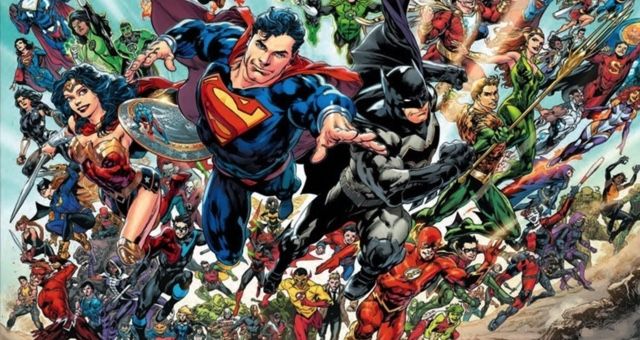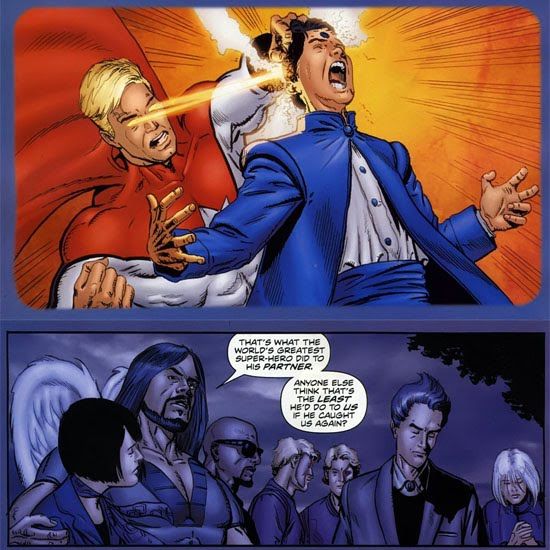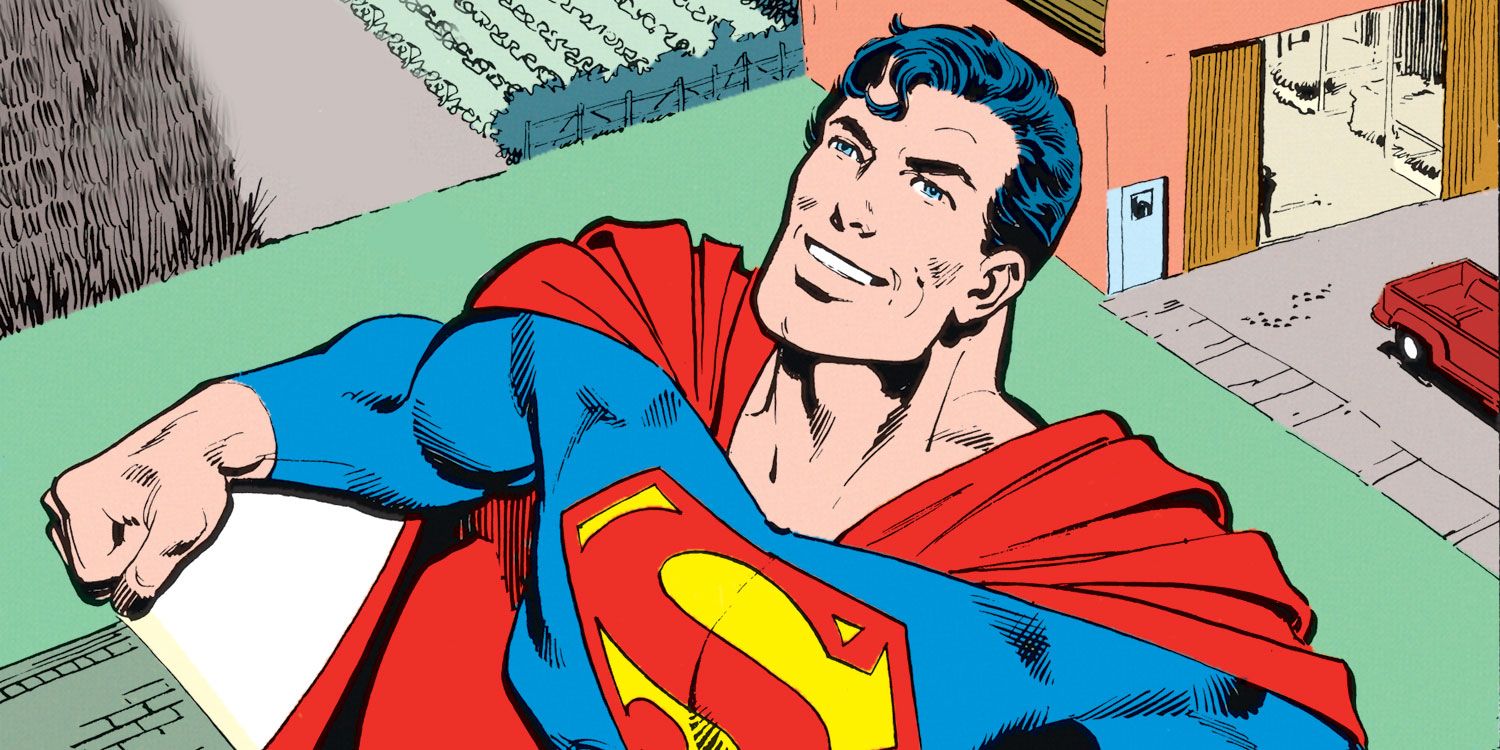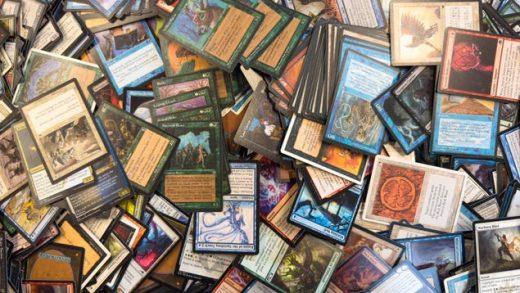Superman, the Man of Steel, has long been one of the paragons of comic books. His moral compass pointing to true north at all times is one of the things that sets him apart, makes him popular, and has made him so difficult to translate to film. Over the last couple decades, I’ve noticed a disturbing trend: evil Superman stories. Some of these are from DC Comics and their imprints while other are pastiches of Krypton’s favorite son. I have a gentle but firm request: No more evil Superman stories, please.
I get it. It’s fun to watch the entire Justice League face off against their most powerful member. That black suit with the silver symbol looks sick. Batman always has some fun tricks like kryptonite batarangs. But not only does the idea of evil Superman run counter to EVERYTHING the character represents, it’s just plain overdone at this point.
The Challenge of Superman
Superman is hard to write precisely because of his moral compass. Something I had to learn during my MFA program was that a character doing the right thing just because it’s the right thing doesn’t resonate with most readers. People need to understand why a character is making certain choices. A person who runs into a fire to save a couple children might have experienced the loss of a young loved one before. That teenager volunteering to fight in a war has experienced the brutality of the enemy firsthand. Readers need to see a causal relationship between a character’s motivations and actions.
Superman’s moral compass comes from two sources: his two sets of parents. His Kryptonian parents make the ultimate sacrifice by sending their newborn babe into space on the slimmest hope that he would survive, knowing they would perish. The Kents are a much larger part of Clark’s sense of right and wrong. They taught him from an early age to be selfless, to help those that he can, to be an ideal for the world. He saw how a simple couple from Kansas did everything they could to help people, and since he could do more, he needed to.

Those parental influences don’t easily translate to Superman making sure Zod or Mongul are far away from populated areas before their devastating fights begin. There are a lot of years and fight between those days on the farm and Superman slugging it out with Doomsday. While there is a connection between the Kents and Superman’s next thwarting of Lex Luthor, that context is harder to find in one particular issue of the comics.
Enter Evil Superman
In the best comic books or action-oriented stories, the knock-down, drag-out fights on the page or screen are physical representations of internal conflict. This realization often makes the difference between a really stupid action story or a great one. Everything happening on the page needs to reflect the larger issues for the character. Turning Superman evil is a physical representation of the old proverb “Absolute power corrupts absolutely.”
In Superman: Red Son, Krypton’s last son lands in the Soviet Union rather than Kansas. This story is less about Superman being evil than simply growing up with a different ethic, but it put Cold War fears on display in a very physical way. In stories like Injustice: Gods Among Us, Irredeemable, and The Boys, that absolute power is used for absolute destruction. These stories not only serve as reminders of what happens when all that power is not kept in check by a strict moral compass, but forces Superman’s (or his pastiche’s) former allies to confront this corruption head-on.

Batman is always prepared for anyone to turn, but it’s still not easy for the man beneath the cowl to hurt his friend. Wonder Woman sees Superman as an equal, as one of the few men she really respects, and having to go against him is heartbreaking. Flash, Martian Manhunter, Supergirl, Superboy, and so many other heroes in the DC Universe look up to Clark, so his turn is a seismic shift for each of them. These are compelling stories, no doubt, but we’ve now seen this story told over and over again.
But We Have Good Superman
Of course, Superman, Action Comics, Justice League, and several other titles are putting the classic, do-gooder Superman on comic book shop shelves every month. But with the incredible success of superhero movies and television shows, there are far more people getting their Superman fix from film than glossy pages today. Yes, there are shows like Superman and Lois. We’ve had shows in the past like Smallville and the Christopher Reeve movies.
Those adaptations are few and far between now, with the darker representations taking over mainstream media. More recent and popular adaptations like The Boys, Invincible, and every Zach Snyder interpretation of Superman have turned toward this darker, evil version. Even the Bryan Singer version was a weird voyeur. Yes, it’s easier. It’s compelling. But it was compelling 20 years ago. Less so ten years ago. Now it’s just starting to feel like a tired trope.
We Need Good Superman
The real world is a dark, beautiful, turbulent place that can fill us with hope and dread at any given moment. Comic books are a form of escapism at times, commentary at other times, and require conflict as a genre. These things seem contradictory and yet are true at the same time. This paradox is part of what makes Superman difficult to write AND it’s why we need Superman as a paragon on the page.
Superman has a Messiah Complex. Imagine being able to hear every scream for help on the entire planet at any given time. Despite his incredible power and speed, he cannot help everyone. Think of some complicated conflict that happen around the world (real and DC), those with no clear good or evil. People are dying, but whom should Superman help? How does he save lives while also not escalating a situation or giving assistance to a force motivated by greed? There are always limits to his power, and these limits put on display just how human Clark really is, how helpless he can feel just like the rest of us. John Byrne’s long run on The Man of Steel beginning in 1986 put this all on display. Byrne created the template for how to write DC’s big, blue boy scout.

How else can writers relate Superman to everyday readers? Kal-El is an immigrant. He fled a dying planet and had to make his home far away. Once here, he wanted nothing more than to feel at home here amongst aliens and to help people. He can and sometimes does feel as lost as the rest of us. He has no choice in where he came from, where he landed, or what powers our yellow sun imbues in him. He does have a choice in what he does with that.
Clark Kent’s choice to be a hero is the core of Superman. That choice makes him Superman instead of Black Adam, Mongul, Sinestro, Zod, or so many incredibly powerful villains. Over and over and over, we’ve seen stories of him not making that choice. They’re all starting to blend together into equally bleak stories that this bleak world just doesn’t need anymore. So to the comics and the film adaptations, I beg of you, no more evil Superman stories.















